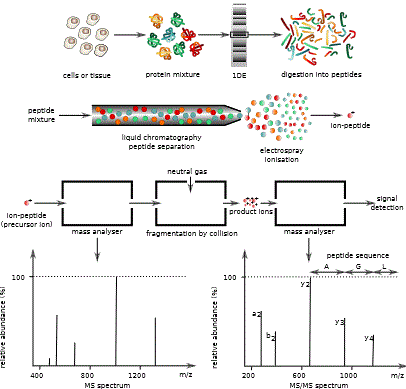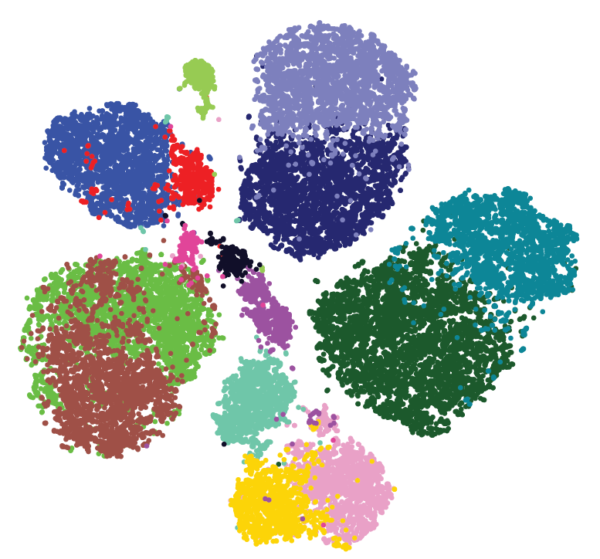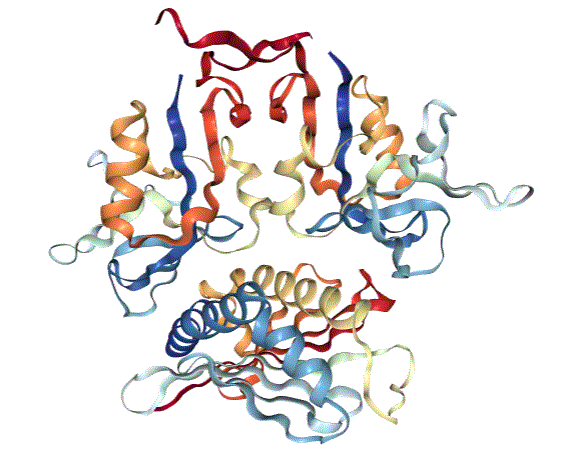The Power of Proteomics in Medicine
Although genomic (DNA) and transcriptomic (messenger RNA) data are easier to collect and analyze, these are only two of the relevant types of “omic” data that are important for understanding disease and the response to treatments. Proteomic, metabolomic, and lipidomic data are also contain information that can be used diagnostically, prognostically, in developing treatment … Read more





